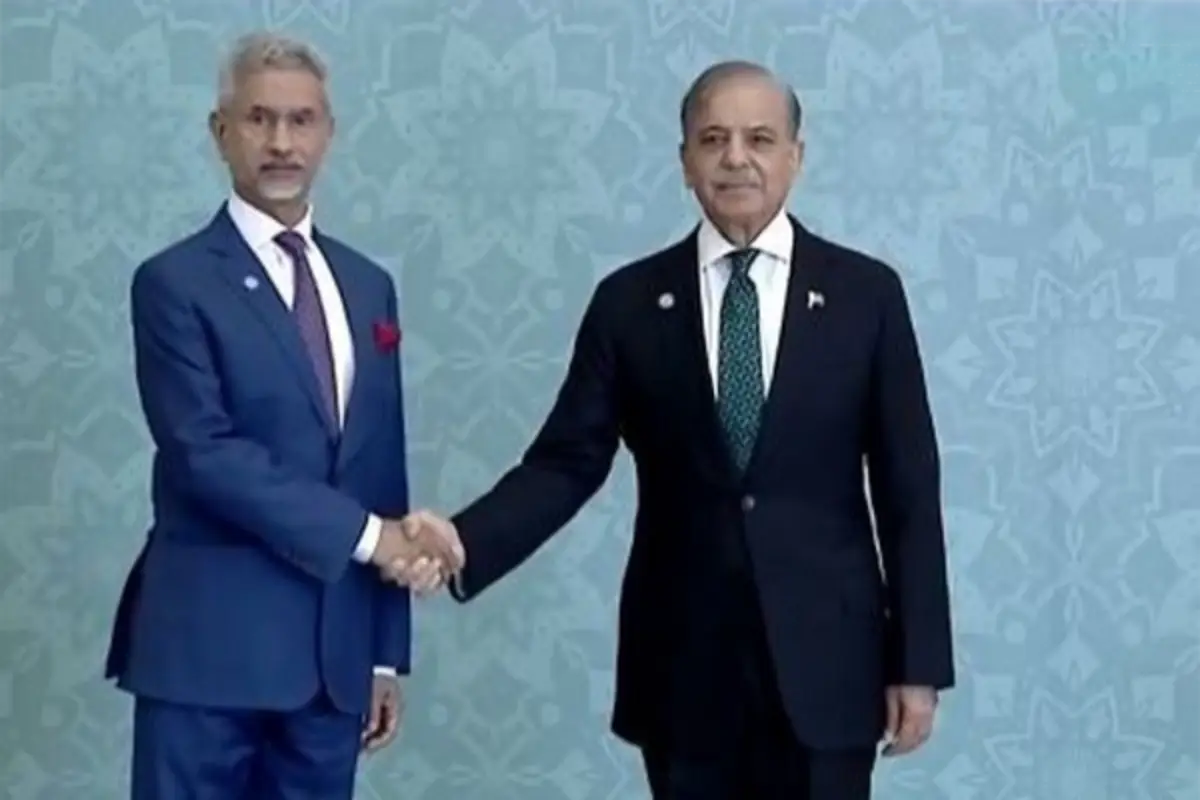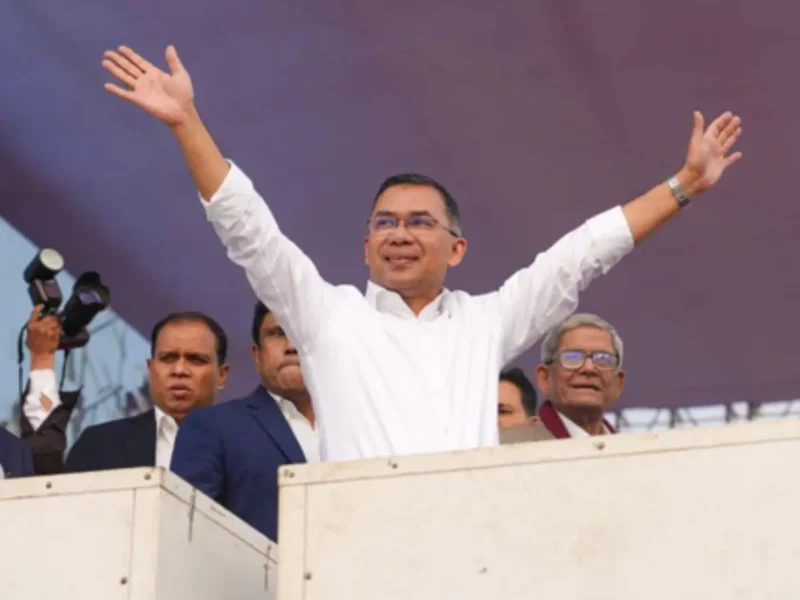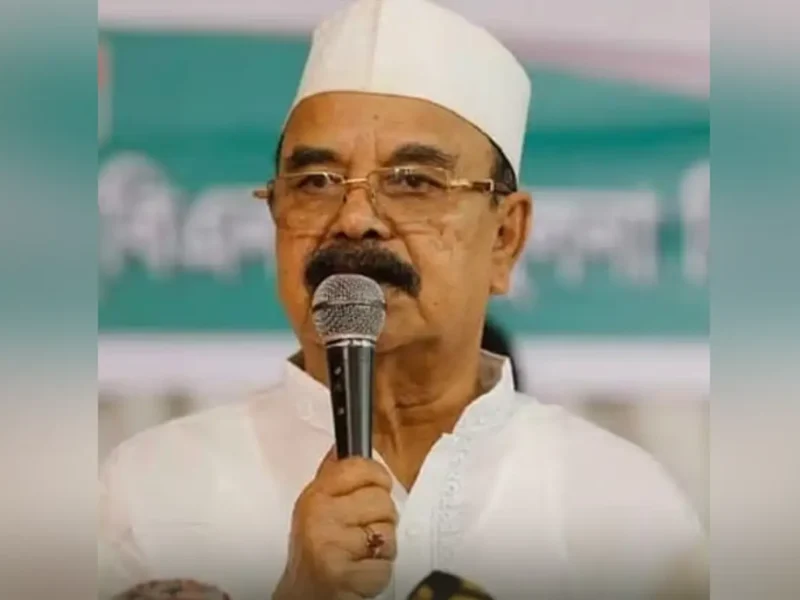Differences With China, Pak: Jaishankar Remains Firm At SCO Summit
By Farwa Aamer
The recent Shanghai Cooperation Organization Summit in Islamabad concluded relatively smoothly. A key takeaway was the participation of Indian External Affairs Minister S. Jaishankar, marking the first visit by an Indian foreign minister to Pakistan in over a decade.
While this is diplomatically notable, the event did not signal a thaw in India-Pakistan relations. Both sides remain entrenched in their respective positions, and any prospect of direct bilateral talks remains distant. However, the cordial handshakes and acknowledgments shared on social media by both sides are positive optics.
For now, both countries seemed content with maintaining minimal diplomatic engagement under the SCO umbrella, without pushing the boundaries.
India, however, made its stance on China’s Belt and Road Initiative (BRI) – also signaling the China-Pakistan Economic Corridor (CPEC) – crystal clear once again. Jaishankar reiterated that for India, any cooperation must be based on mutual respect, sovereign equality, and territorial integrity, pointedly addressing initiatives that infringe on its sovereignty. India’s opposition to the BRI and CPEC is not new.
Interestingly, SCO continues to function as a cooperative organization even when two of its largest members—India and China—have fundamentally different views on initiatives like the BRI. The organization, while great on the convening front, has yet to leverage its full potential in terms of advancing regional integration and complete consensus-building between member countries.
Meanwhile, China and Pakistan used the summit to reaffirm their “strategic” partnership, especially in the context of CPEC. Both countries stressed that any attempt to disrupt or undermine their cooperation would fail, likely in response to ongoing security challenges and criticism of CPEC’s slow progress.
However, the reaffirmation of CPEC’s importance does not mask the fact that the project has encountered significant obstacles in recent years, including delays, financial issues, and security risks.
Overall, the summit did not push any new and ground-breaking frontiers in cooperation. Going forward, the SCO will need to navigate some of these internal complexities to live up to its promise of fostering genuine regional stability. Without addressing these core differences, its progress is likely to remain uneven.
( Aamer is Director of South Asia Initiatives at Asia Society Policy Institutein New York.)





Shoorveer Tyagi
/
Dosa Sambar cannot go well with Chowmein and korma. He needs to start eating chowmein and korma. 😂😂
October 17, 2024